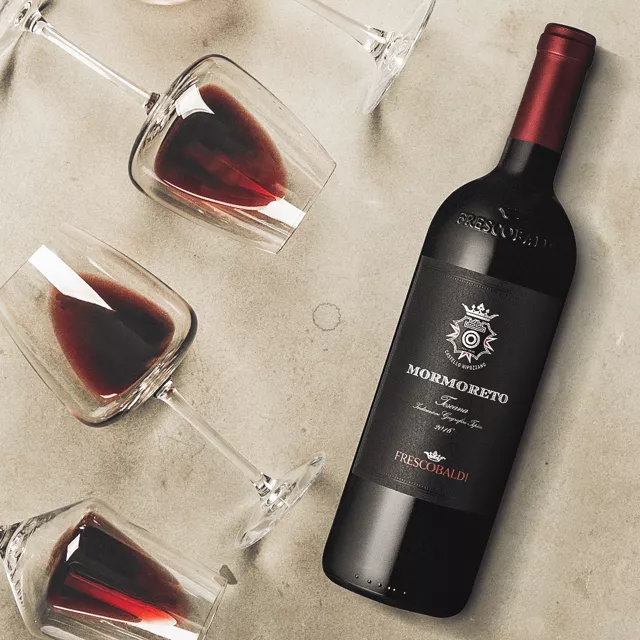
Luxury Wines - what they are and how to classify them
Luxury Wines - what they are and how to classify them
Defying times, location, and Economic circumstances, Luxury wines are a staple of today’s lifestyle and food culture. As a study from efanews outlines, fine wine has not been suffering from recent crises.
But what are luxury wines?
When we speak about luxury wines, we need to make some distinctions: we have luxury wines, the “fine wines”: Bordeaux, Burgundy, Champagne and “super-wines” from every region in the world that are doing very well. On the other hand, there are the so-called low-end wines that represent 90-95% of the total volume of wines sold, a market for which experts identify great margins of growth and profit.
What is a fine wine?
We spoke earlier about fine wines. However, the definition is often unclear; in fact, there is no common definition. This is why most brands define themselves as fine wine producers. But what exactly do we mean when we speak of fine wine? According to Winemag, fine wines define themselves by having an active secondary market. Another potential distinctive point is the quality and winemaking standards adopted by the producers. Wineries that implement the highest level of winemaking and viticultural standards are fine wine producers.
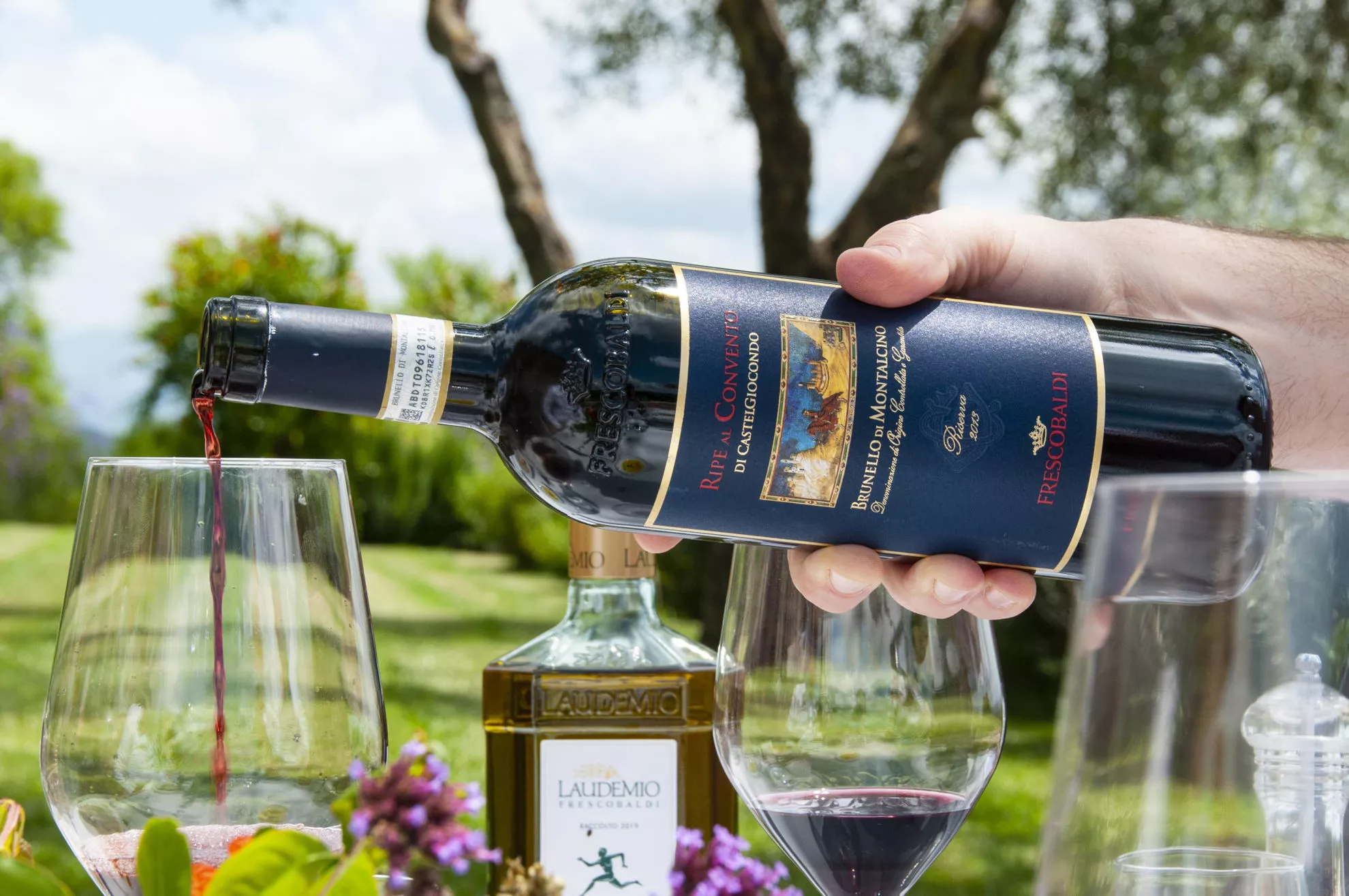
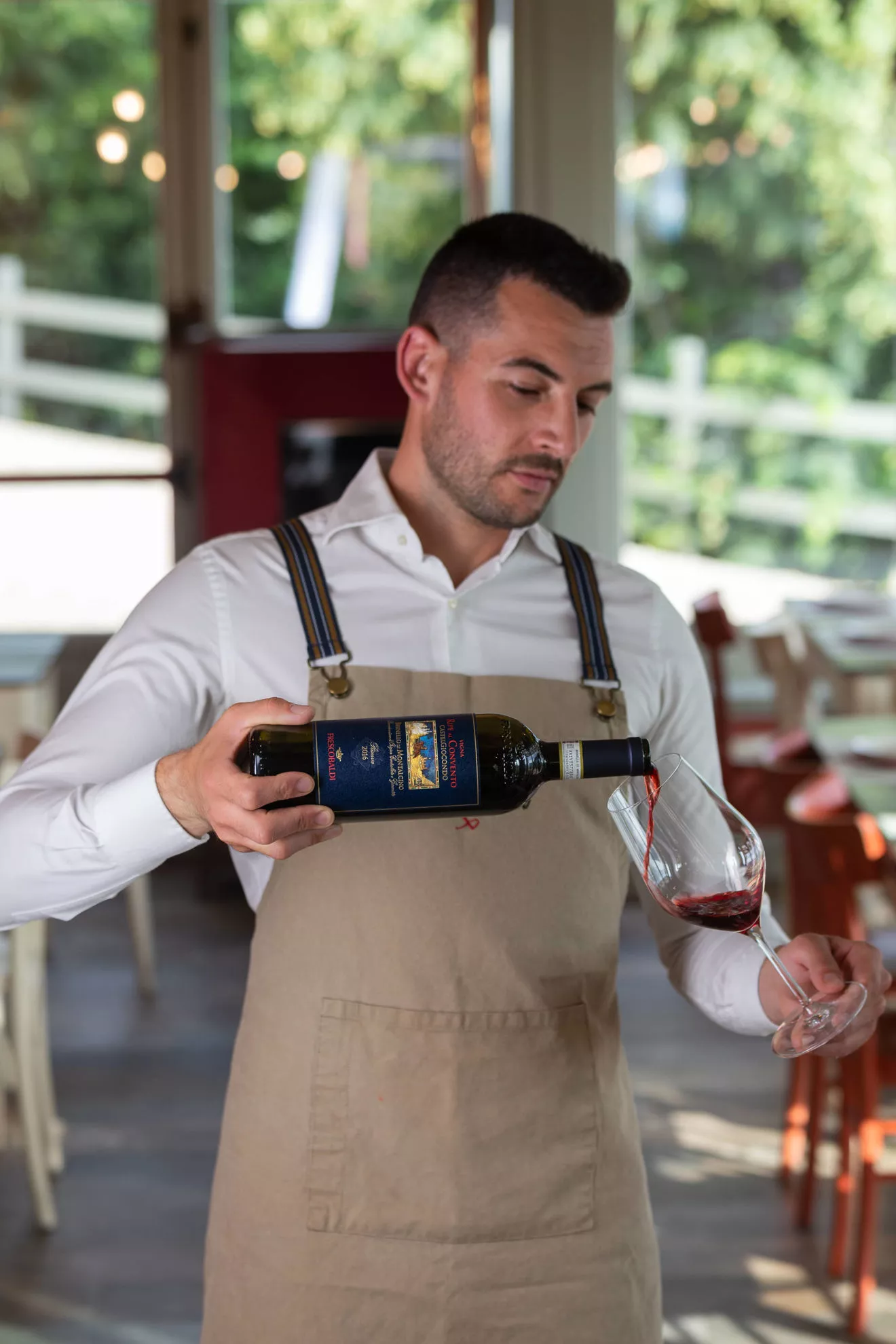
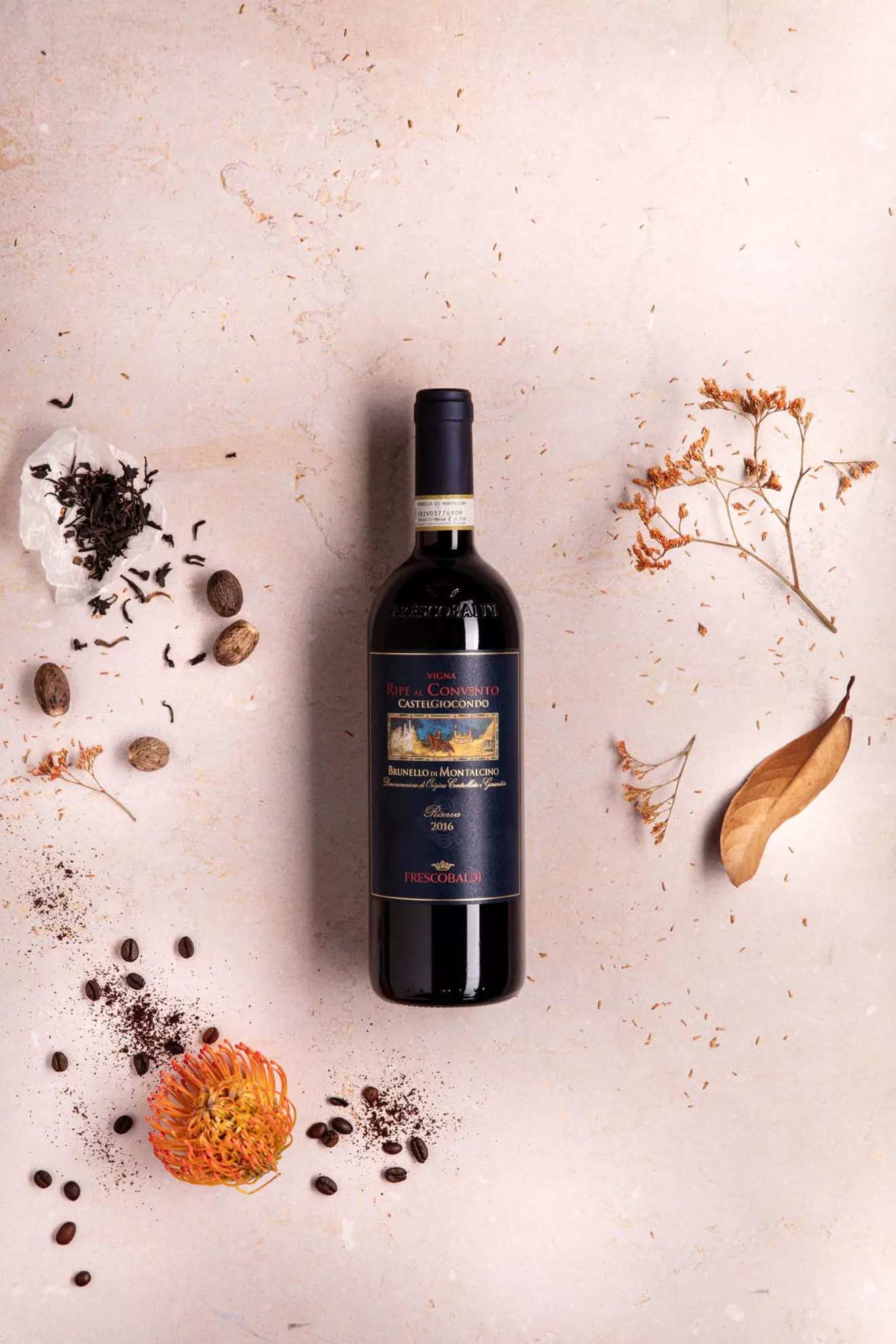
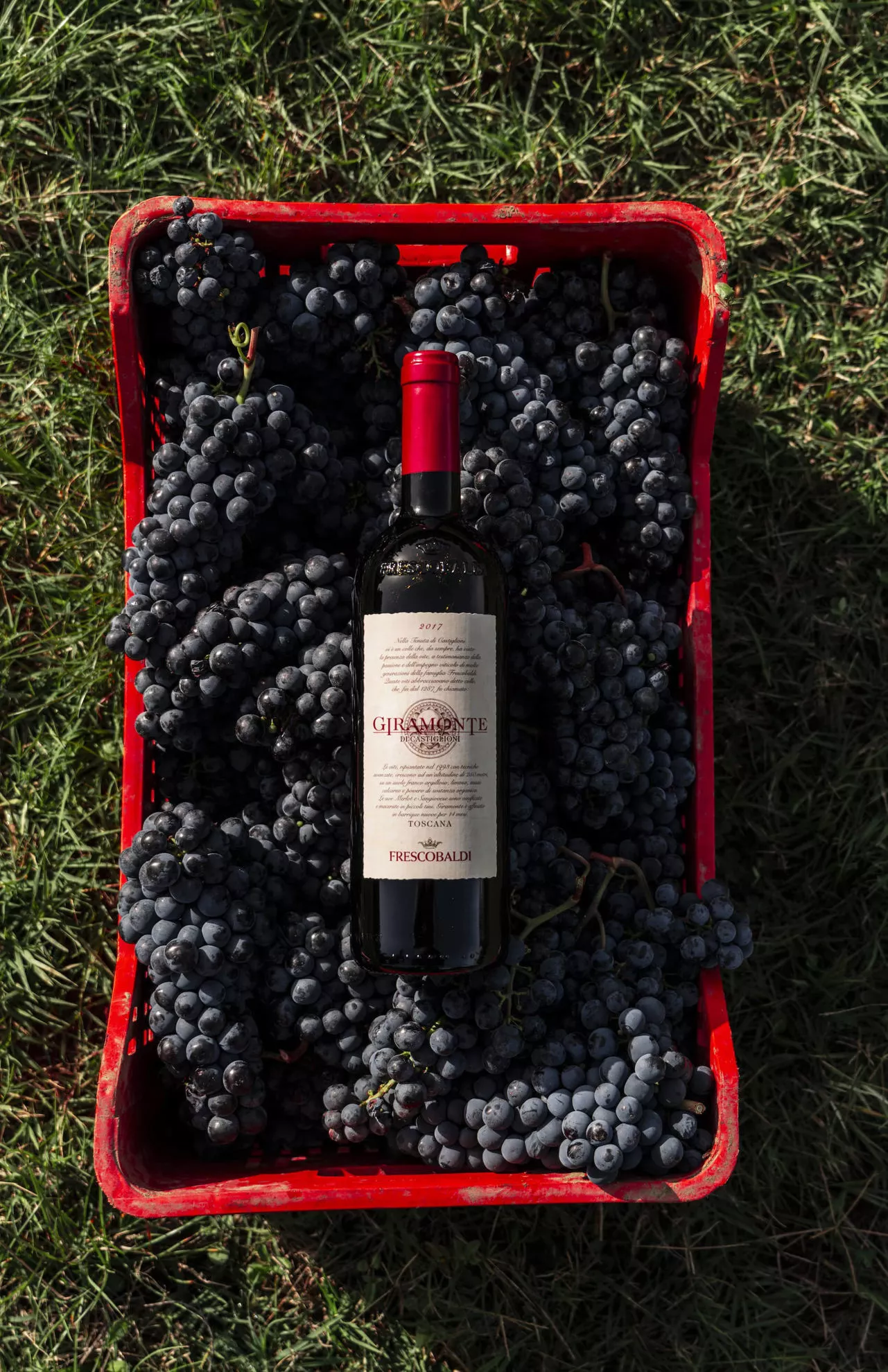
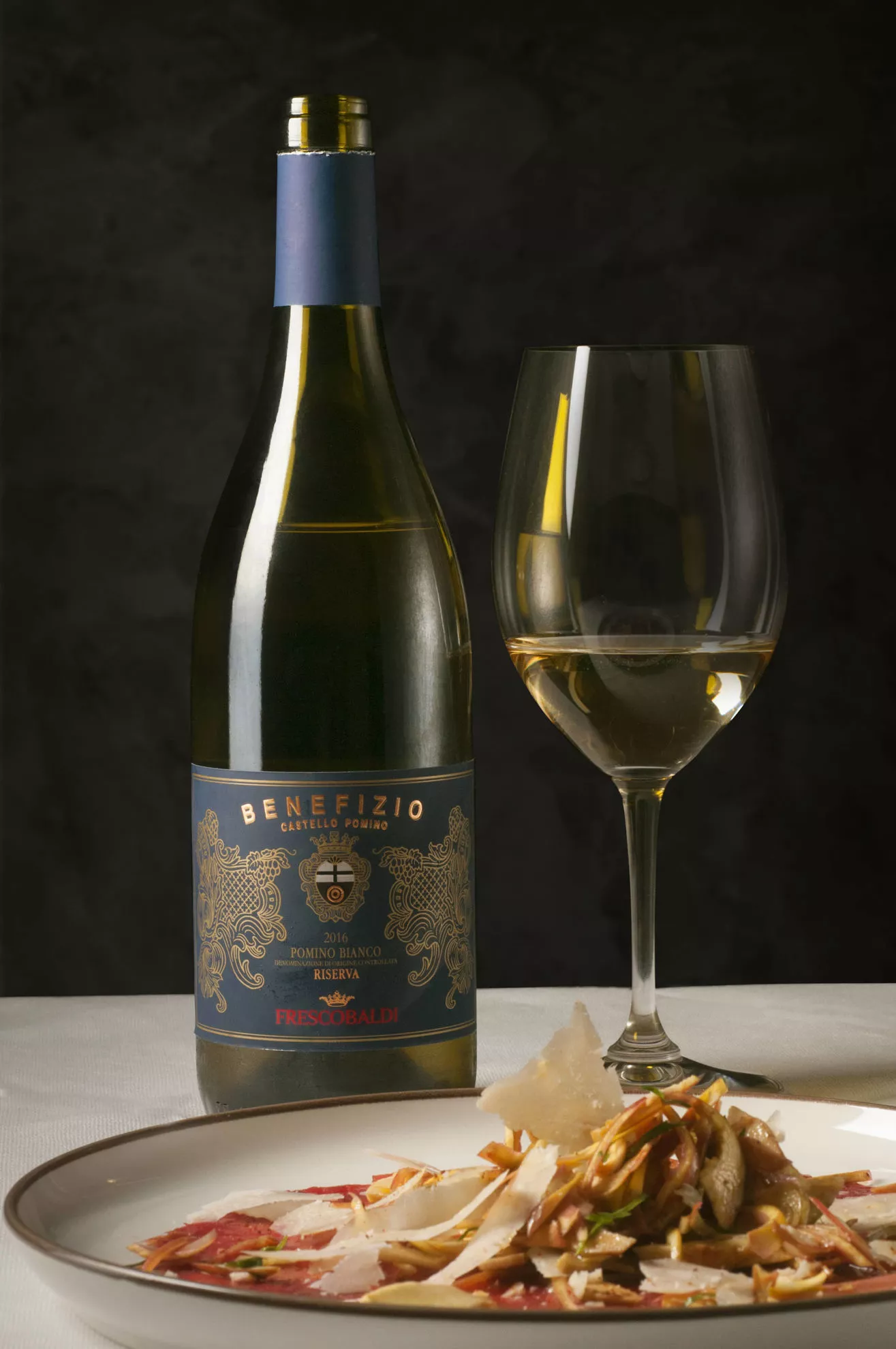
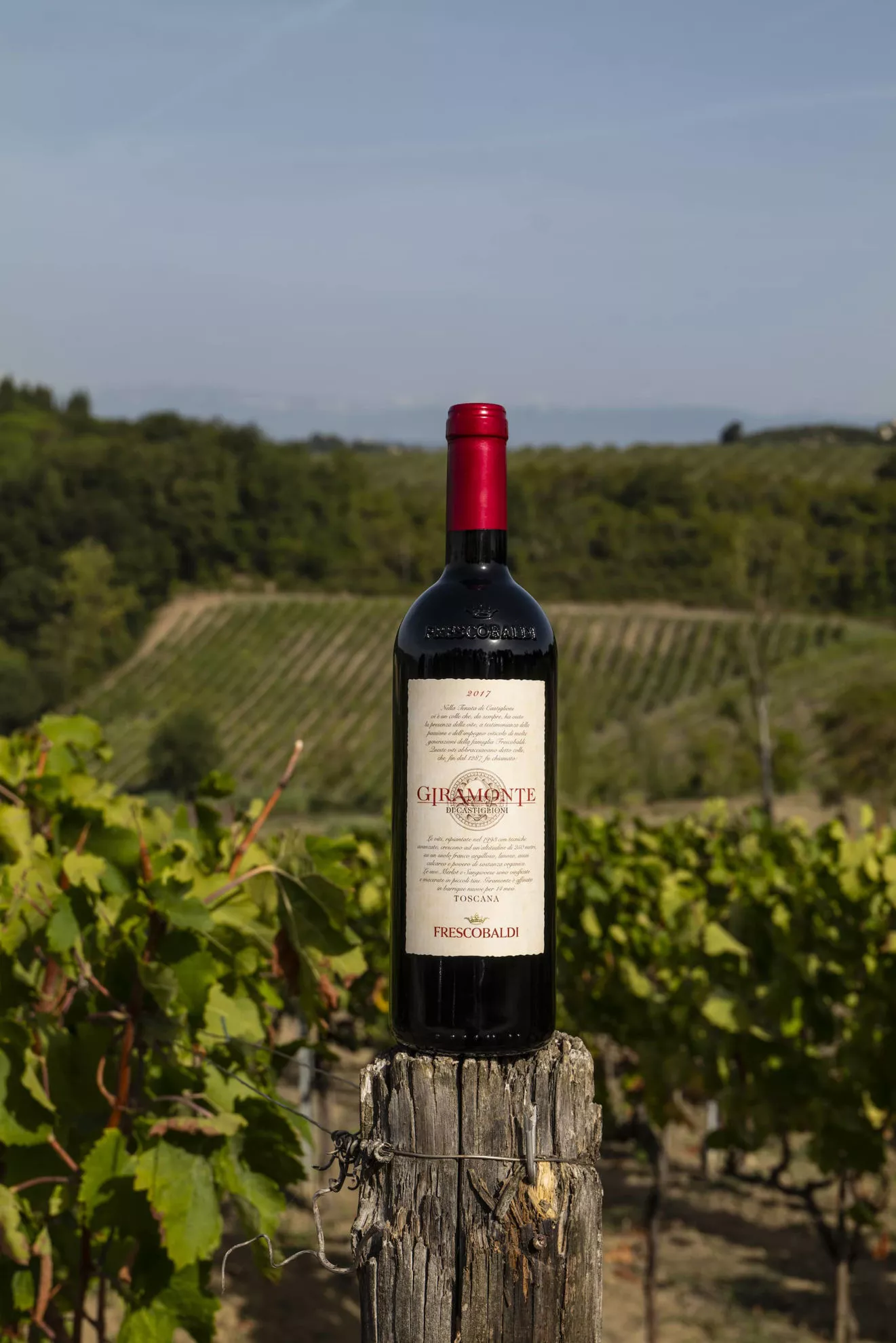
Identifying a luxury wine, between myth and history
How can one recognize a luxury wine? Research conducted by the University of Hertfordshire, directed by Professor Richard Wiseman and published in the "Daily Telegraph", shows that the final consumer tends to attribute value to a wine mainly on appearance. The scientists began the study by selecting 600 volunteers, after which they presented wines of diverse types, red and white, and of diverse qualities. Among the wines chosen were Pinot Grigio, Sauvignon, Merlot, and Syrah.
Result: 50% of the volunteers had difficulty distinguishing an average wine from a high-value wine (flavour and price). According to the scientific team, this demonstrates that many consumers do not have the cultural background or do not have physiological characteristics to determine the quality of wines served. Therefore, they define wines based on exterior characteristics like name, label, and price. Factors that can add value and prestige to a bottle of wine are the zone of production, brand, being part of a limited series, and rarity. At the peak of collectors’ aspirations are the French wines: most prized are those produced in Bordeaux - prestigious reds with an extraordinary aptitude for aging.
In the classification of Wines of Bordeaux of 1855 promoted by Napoleon III, we find Chateau Margaux, Chateau Latour, Chateau Lafite Rothschild, and Chateau Haut Brion. The success of the Bordeaux wines began in the 12th century when Eleonor of Aquitaine was married to the King of England Henry II. The Bordeaux region passed into the control of the English, who began to make abundant use of these precious and enduring wines.
The best wines from these cellars are today sold at auctions to a select number of distinguished buyers who will then, after a few years of aging, have them ready for marketing. These wines are considered by collectors and connoisseurs, for all the reasons above, luxury wines in every sense.
History and Modernity: Marchesi Frescobaldi, producers of luxury wines
It is difficult to find your way in the complex yet fascinating world of wine and to define the factors that create a luxury wine. Certainly, appearances have a role in this, and market trends also heavily influence consumer behaviour. In addition, entrenched historical traditions determine the value of a bottle of wine. Marchesi Frescobaldi has been producing wines for 700 years and attributes great importance to the emotions a great wine must offer. The emotion is not only tied to the taste and sensory characteristics of the wine. Behind a great wine, there must also be a story to tell, and in this way, uniting the pleasure of tasting the wine and telling its story, a wine reveals itself fully to its enthusiasts. Another fundamental aspect of a great wine is its capacity to reflect the typical characteristics of its territory faithfully. Every Frescobaldi estate is a singular expression of its territory with its own identity, history, and personality. All of the estates together share one spirit and one common purpose: to represent the best that Tuscany has to offer and the values of the Frescobaldi family.
The Frescobaldi Estates
The Frescobaldi wines fall into the high-end category of prestigious and luxury wines marrying tradition and innovation but always fully respecting the territory and working toward the enhancement of the grapes from each vineyard. The six historic estates are:
Castello Nipozzano in Chianti Rufina, Castello Pomino, east of Florence, Tenuta CastelGiocondo in Montalcino, Tenuta Castiglioni in the Florentine hills, Tenuta Perano in the Chianti Classico area and Tenuta Ammiraglia in the heart of the Maremma region of Tuscany.
From the Chianti region to that of Pomino DOC, from Montalcino to Maremma, from Mugello to the province of Livorno, we find 700 years of passion devoted to the creation of wines of the highest quality. The great wines of Frescobaldi, considered luxury wines, are of the crus that perfectly interpret the regions in which they are produced.
Frescobaldi luxury Italian wines
Mormoreto is the great wine of Castello Nipozzano, born with the harvest of 1983 from the vine of the same name. The varieties Cabernet Sauvignon, Merlot, Cabernet Franc and Petit Verdot, in time have found an ideal union with the territory bringing out their singular characteristics. Mormoreto is an opulent, profound wine of great finesse and longevity. In 2011, Mormoreto went under the gavel at the prestigious Pandolfini auction house, entering the panorama of the great luxury wines. Mormoreto is a cru of excellence and prestige, tied to a small and exclusive territory of production, available in limited quantities and highly prized by connoisseurs and collectors.
Montesodi is a cru that began in 1974 and is produced only in the best harvest years with Sangiovese cultivated in the vineyard of the same name. The Montesodi vineyard, at an altitude of 400 metres, has always been considered the best area of the estate for cultivation of Sangiovese. It creates an intense luxury wine with grand aromas and aristocratic, long persistence.
CastelGiocondo Brunello is created from a rigorous selection of the Sangiovese grapes in the vineyard, where all of the characteristics necessary to enhance this ancient variety are scrupulously respected: the ideal altitude, well drained soils and south-west exposure. It is a luxury wine of great structure, elegant and balanced, with intense fragrances and great refinement.
Castelgiocondo Ripe al Convento is the fruit of an attentive selection that begins in the vineyard and continues in the cellars, and that gives life to a wine of strong and well-defined personality.
Pomino Benefizio Riserva is a cru of great elegance and personality. It shows an incredible richness of fragrances and aromatic tones. Born of Chardonnay grapes with the harvest of 1973 from the vineyard of the same name at an altitude of 700 metres, it was the first Italian white wine to be fermented in wooden barrels.
Lamaione is an exceptional Supertuscan; a first-rate wine from the estate Tenuta CastelGiocondo based on Merlot cultivated on the 12 hectares of the Lamaione vineyard at 300 metres and planted in 1976.
Giramonte is from the estate Tenuta Castiglioni, the most ancient of the Frescobaldi family’s estates. First produced in 1999, the cru is very rare and exclusive. The characteristics of the soil, the ideal microclimate, and the strict selection of grapes assure the extraordinary continuity of quality with every harvest. All these things help to bring forth a wine of great intensity, rich, silky and with long persistence.
Rialzi is from Tenuta Perano. This is the most prominent expression from the heart of Chianti Classico territory. A wine of rare elegance, authentic to the rocky soils of the best suitable growing area of the Estate. A Gran Selezione which demands a constant quest for excellence.
info@frescobaldi.it |+39 055/27141